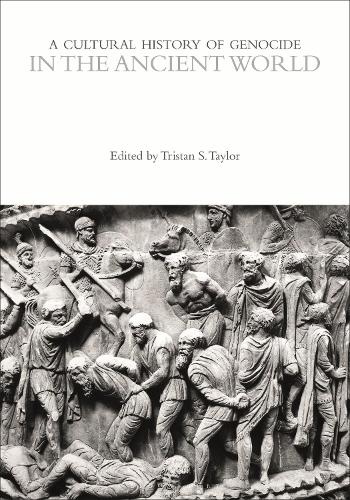
A Cultural History of Genocide in the Ancient World
(Paperback)
Publishing Details
A Cultural History of Genocide in the Ancient World
By (Author) Dr Tristan S. Taylor
Bloomsbury Publishing PLC
Bloomsbury Academic
12th December 2024
United Kingdom
Classifications
Tertiary Education
Non Fiction
Population and demography
Social and cultural history
Ancient history
304.663
Physical Properties
Paperback
304
Width 168mm, Height 242mm, Spine 18mm
520g
Description
The preamble to the United Nations Convention on the Prevention and Punishment of the Crime of Genocide recognizes that at all periods of history genocide has inflicted great losses on humanity. Studies of the phenomenon of genocide have, however, tended to concentrate on the modern world. The original contributions in this volume turn the focus to the question of genocide and mass violence in the ancient world, with a particular emphasis on the worlds of Greece, Rome and the Near East. This volume presents a range of views on the challenges of applying the modern concept of genocide to an ancient context. It also considers the causes, motivations, and justifications of ancient mass violence, as well as contemporary responses to, and critiques of, such violence, along with how mass violence was represented and remembered in ancient literature and iconography. In addition, chapters analyse what drove the perpetrators of mass violence, and the processes of victimization, as well as the consequences of mass violence and ravaging warfare, including in particular mass enslavement and sexual violence.
Author Bio
Tristan S. Taylor is Lecturer in Classics and Ancient History at the University of New England, Australia, and a University Associate of the University of Tasmania, Australia. He was Visiting Fellow at the Yale University Genocide Studies Program (2013-14) and Visiting Scholar at the University of Texas, Austin (2015), USA.
